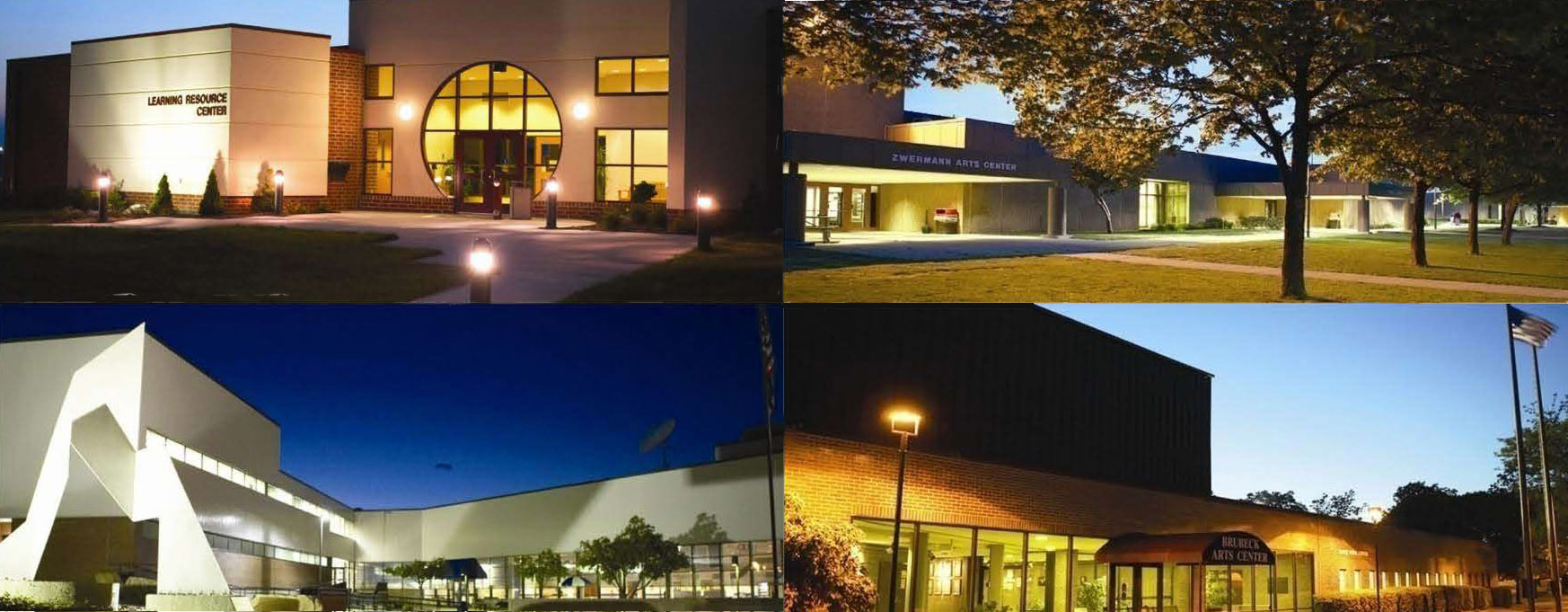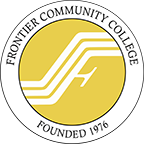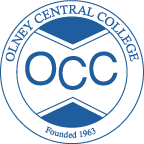About IECC
Illinois Eastern Community College District 529 (IECC) is one of thirty-nine tax-supported community college districts in the State recognized by the Illinois Community College Board and Illinois Board of Higher Education. The IECC colleges, which include Frontier Community College (Fairfield), Lincoln Trail College (Robinson), Olney Central College (Olney), and Wabash Valley College (Mt. Carmel), have received state and national recognition for educational excellence. Coupled with low tuition rates, IECC colleges are the obvious choice for a quality education at an affordable price.
It’s not all work and no play. The colleges are home to top-ranking sports teams, outstanding theatrical performances, recreational facilities, and more.
MISSION
Our mission is to deliver exceptional education and services to improve the lives of our students and to strengthen our communities.
VISION
Illinois Eastern Community Colleges is an institution that engages, challenges, and supports faculty and students as they pursue excellence in teaching and learning. We place the needs of our students at the center of our decision-making, and will continue to be an organization committed to excellence, innovation, and continuous improvement.
Strategic Pillars
These strategic pillars, formulated within the framework of our Strategic Engagement Plan, guide us in our efforts to fulfill our mission and achieve our vision:
- Transform Lives Through Exceptional Education and Services
- Foster Excellence in Faculty and Staff
- Cultivate and Steward Resources for Strategic Growth
- Positively Impact Our Local Communities
Click here to learn more about IECC’s Strategic Engagement Plan.
These values, which are the foundation of Illinois Eastern Community Colleges, have defined the District since its inception, and are affirmed by the faculty, students, staff, and administration. At IECC, we believe in and seek to embody these values:
Stewardship. Accepting our responsibility to be good stewards of the public trust, we will sensibly use our financial, human, and physical resources to achieve our mission.
Responsibility. Encouraging personal growth and learning through leadership, citizenship, and accountability.
Integrity. Providing an environment where people are encouraged and empowered to do the right thing in their work and interactions with others.
Respect. Recognizing and appreciating our similarities and our differences, we demonstrate mutual regard for others through our words and actions.
Accessibility. Providing access to a high-quality college education for everyone who seeks one, while providing the support needed to facilitate attainment of academic and professional goals.
Institutional Learning Goals
Illinois Eastern Community Colleges provide students an equitable and inclusive education by building a foundation of values, attitudes, and skills necessary to become responsible and concerned citizens and lifelong learners possessing the ability to think critically, communicate effectively, and solve problems in a diverse global society.
1. Communication – To prepare students to communicate effectively by expressing information or ideas orally and in writing.
2. Information Literacy – To enable students to effectively research and ethically use information.
3. Critical Thinking – To promote exploration of issues, ideas, artifacts, and events before accepting or formulating an opinion or conclusion.
4. Quantitative Reasoning – To foster a habit of mind, competency, and comfort in working with numerical data in order to reason and solve quantitative problems.
5. Human & Cultural Understanding – To develop the personal and social responsibility of students by recognizing diverse cultural perspectives.
6. Ethical & Civic Responsibility– To cultivate the ethical behavior and civic responsibility of students by engaging in the local and global communities.
IECC’s learning goals reflect the mission, vision, values, and strategic goals while meeting the demands of the external stakeholders and agencies.
Institutional Learning Priorities
|
|
|
|
|
|
|
|
|
|
|
|
|
|
|
|
Our Past
Wabash Valley College was founded in 1960 by the Community Unit School District #348 in Mt. Carmel. Olney Central College was founded by the East Richland School District #1 in 1963. In February 1969, Wabash Valley College joined the Olney Central College Community College District to form a two-college district. Lincoln Trail College joined the District in June 1969 to create a three-college district.
In October 1969, a $5.9 million bond issue to finance the local share of funds needed for the construction of a permanent campus at each of the three colleges was approved. In December 1976, the Illinois Eastern College of Continuing Education was established in Fairfield, becoming the fourth college in District 529. The name was changed to Frontier Community College in April 1978.
Your Future
In today's economy, a post secondary education is key in achieving career objectives. An affordable, quality education from IECC can aid you in attaining your professional goals. Whether you're a recent high school graduate considering an eventual occupation or an individual with experience in the workforce, a college education is a wise investment in your future. A wide range of degree and certificate programs provide varied choices in pursuit of a career and technical education or as a pathway to a four-year institution. If your primary focus is to improve your skills or explore new interests, a variety of course offerings will fulfill this purpose as well. For convenience, many classes are available online and in a hybrid format. IECC colleges can aid in attaining your professional or personal goals with the following offerings:
We want to improve lives through education and the many services we provide. If you are undecided about your career choice, staff advisors at any of the colleges can help you make that decision. Whether you're a "decided" or "undecided" student, we suggest that you schedule an appointment with an advisor as early as possible. The fall semester begins in late August, the spring semester begins in early January, and the summer session begins early in June. Intersession classes are offered between spring and summer semesters. Click here for semester dates and deadlines by term.




